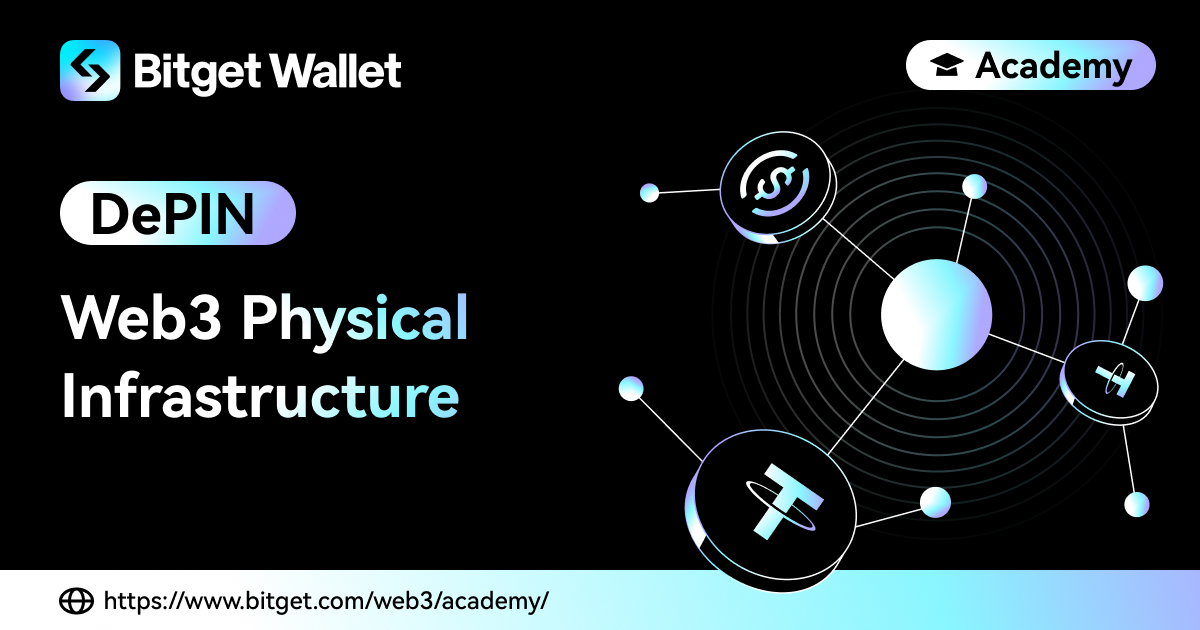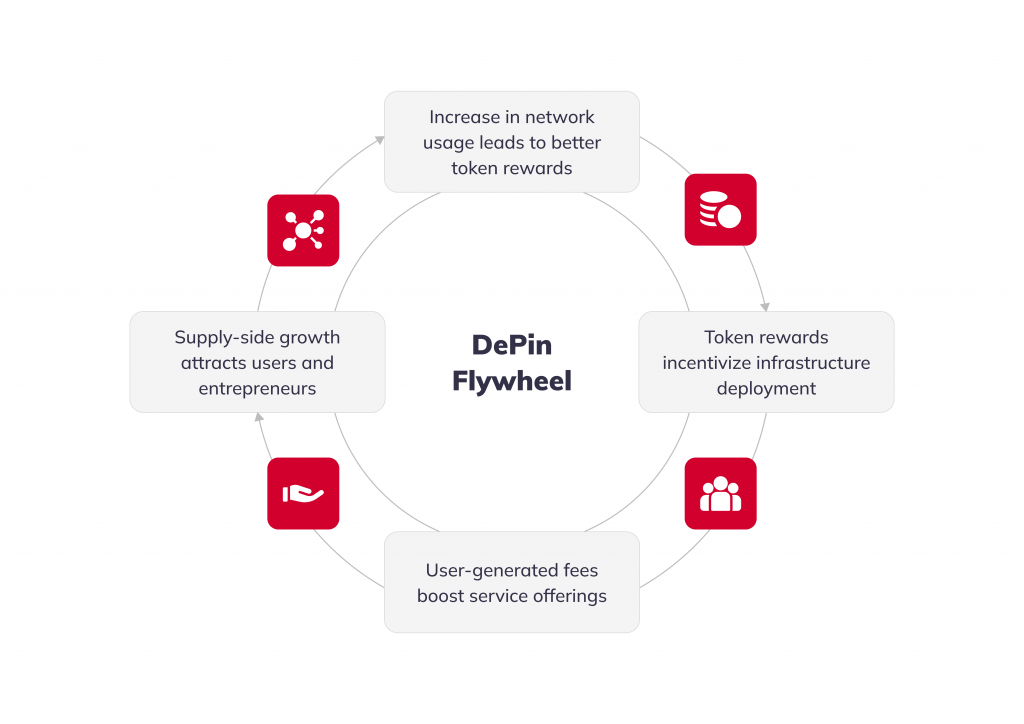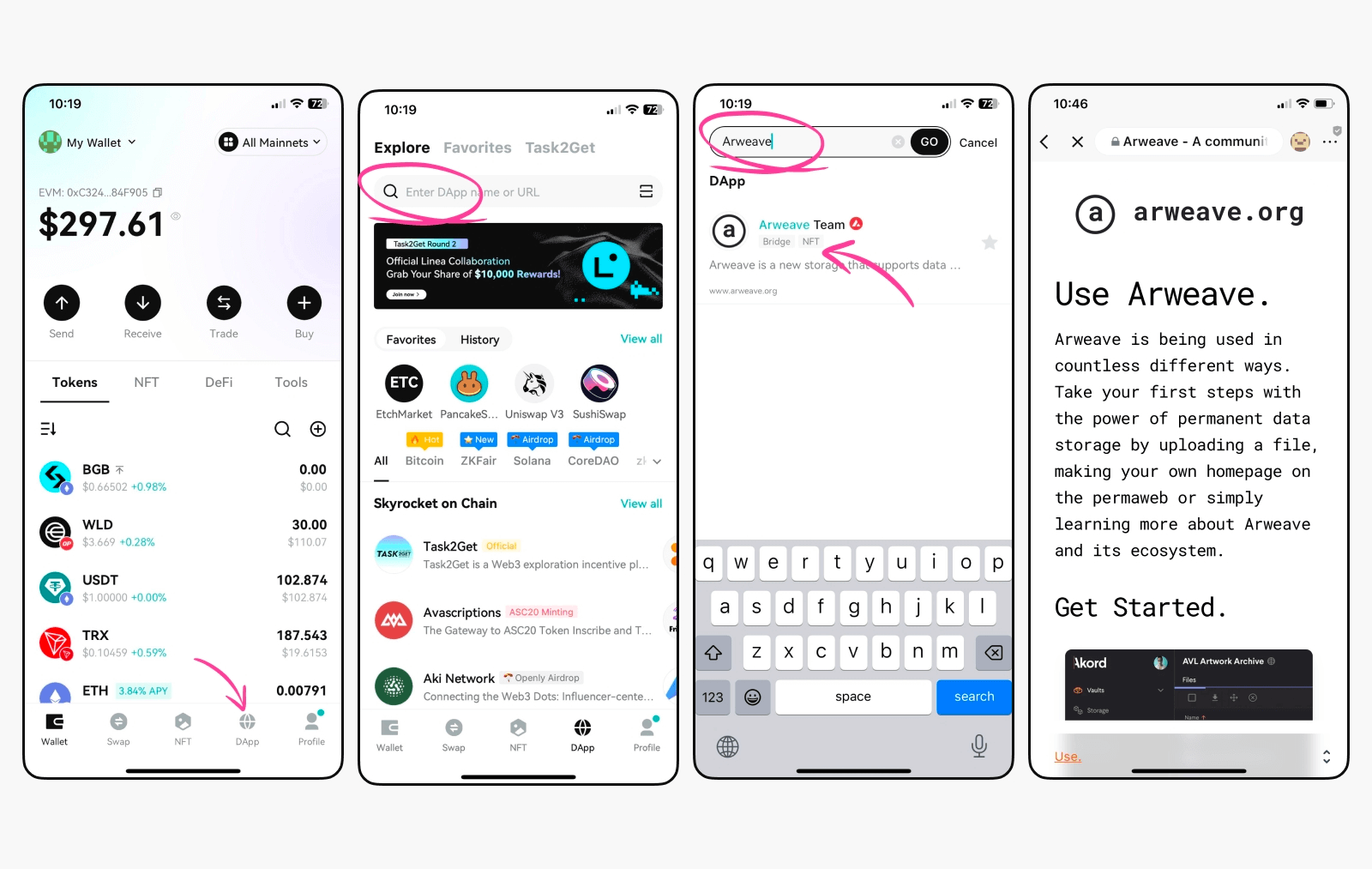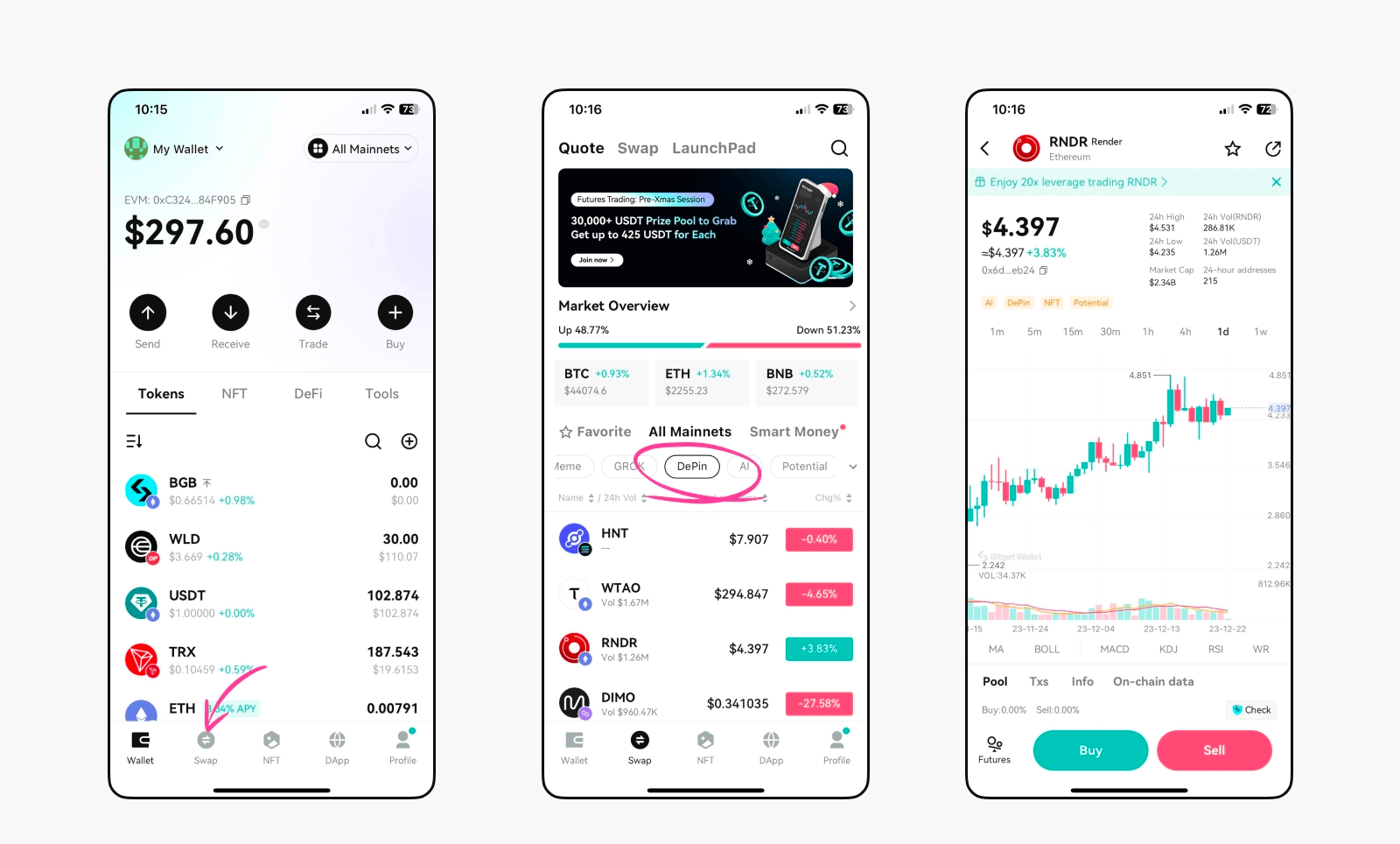DePIN: Hardware Set to Transform Web3

In the realm of Web3 technology, decentralized networks have emerged as a transformative force, with Decentralized Physical Infrastructure Networks (DePINs) standing at the forefront of this revolution. DePINs represent a paradigm shift in providing digital infrastructure by leveraging decentralized networks and incentivizing users to share their resources.
Understanding DePINs
DePINs are innovative networks that incentivize individuals globally to share their resources across various sectors, including storage, communications traffic, cloud computing, and energy. They redefine infrastructure provision by converting it into a crowdsourcing model involving users worldwide, thereby transforming centralized enterprise-based infrastructure into decentralized, community-driven networks.
The Origins of DePINs
The emergence of DePINs addresses the limitations inherent in the current Information and Communications Technology (ICT) infrastructure. By providing decentralized infrastructure and overcoming the constraints of centralized systems, DePINs open new possibilities in the digital landscape.
How DePIN Works
DePINs utilize a token economy model to motivate users to contribute resources such as GPU power, hotspots, storage space, and more. These networks leverage smart contracts on blockchains to govern operations, allowing data management processes to operate trustlessly and automatically.
Node Deployment
DePIN nodes, which can range from personal computers to mobile devices with wireless network connectivity, play a pivotal role in these networks. Token incentives encourage the deployment of new hardware and incentivize existing infrastructure, fostering network growth and size.
Tokenomics
Tokens issued by DePIN nodes represent the overall value of the network and its services. As networks expand, the relationship between token value and network growth drives further investment, creating a cyclic feedback loop.

Source: IDEASOFT
Comparing DePINs and Traditional Blockchain Networks
DePINs stand apart from conventional blockchain networks in a key aspect: while DePINs specialize in decentralizing established services, traditional blockchain networks often originate their demand by crafting decentralized financial systems and digital currencies from the ground up.
Although both network types share the overarching aim of achieving decentralization, they differ significantly in their specific applications and focus. Traditional blockchain networks tend to emphasize either the provision of crypto-centric, Web3 native services or the decentralization of pre-existing real-world services through blockchain technology, setting them apart from DePINs' unique approach to redefining established service paradigms.
During the nascent stages of DePIN, emphasis was placed on storage and communication technologies, exemplified by pioneering projects like Helium (2013), Storj (2014), and Sia (2015). However, as the digital landscape evolved, encompassing developments in the Internet, Internet of Things (IoT), and Artificial Intelligence (AI), DePIN innovations expanded to encompass diverse sectors, including computing, storage, communication technologies, as well as data collection and sharing.
Advantages of DePINs
Collective Ownership
One of the fundamental aspects lies in the concept of collective ownership, where the distribution of profits is facilitated by token incentives, ensuring a fair and equitable return to the users who actively contribute to the network. This mechanism stands as a testament to the platform's commitment to providing an inclusive and shared economy.
Open Participation
Another significant hallmark of DePINs lies in their ethos of open participation. The network's accessibility extends to anyone equipped with the requisite hardware, enabling them to assume the role of a DePIN node operator. This openness fosters a diverse community of contributors and allows individuals to partake in the network's profits, thereby promoting a more inclusive ecosystem.
Moreover, the democratic governance model entrenched within DePINs ensures that operational procedures are collectively overseen by node operators. This decentralized decision-making approach ensures that no singular entity holds unilateral authority, fostering a democratic consensus model where significant protocol updates necessitate a consensus vote involving every node.
Self-Sustaining Model
Further reinforcing its robustness, DePINs operate in a self-sustaining manner, leveraging smart contracts to automate various processes. This automation streamlines data management within the network, guaranteeing seamless operations and diminishing reliance on manual intervention.
Cost-Effectiveness
From a business standpoint, DePINs offer a cost-effective solution. The decentralized infrastructure model significantly mitigates infrastructure costs, as these expenses are shouldered by individual nodes rather than centralizing the financial burden, thereby appealing to businesses seeking efficiency and reduced capital expenditure.
Explore DePIN DApps on Bitget Wallet
Bitget Wallet currently supports a variety of different DePIN decentralized applications (DApps) within the platform's integrated DApp browser. Not sure where to start? We've shortlisted a few notable projects for you to try your hands on.
To browse and connect to various DePIN DApps, simply access Bitget Wallet's DApp browser by tapping on "DApp" at the bottom of your home menu, key in the name or URL of the DePIN DApp you wish to connect to, and authorize the connection.

Arweave
Arweave represents a pioneer in decentralized storage by redefining how data is stored. The platform drives distributed storage through incentivized token mechanisms, offering a permanent storage solution. By utilizing Arweave, the cost of storage diminishes while enhancing data security and reliability.
Fleek
The Fleek Network represents an open-source, decentralized edge platform and protocol specifically engineered to streamline the deployment and operation of high-performance, geo-aware decentralized web and edge services. It stands out for its optimization tailored to expedite the development and implementation of decentralized web services. Engineered with scalability, high availability, and fault tolerance in mind, the network mirrors content across multiple nodes, ensuring resistance against censorship and enabling trustless content retrieval. Operating on a peer-to-peer framework and maintaining agnosticism, it provides a cost-effective service leveraging blockchain and consensus algorithms.
FluxOS
The Flux network represents a decentralized Web3 computational infrastructure designed to offer Blockchain as a Service (BaaS) to enterprises, leveraging cloud computing capabilities. At its core, Flux comprises a network of user-managed, globally scalable nodes, known as FluxNodes, essential for providing the computational muscle necessary to sustain its operations. Built atop the Flux blockchain, the network encompasses its intrinsic FLUX asset, the FluxOS operating network, and an extensive array of FluxNodes. This comprehensive ecosystem empowers developers by offering them the liberty to craft DApps with a high degree of design flexibility.
Trade DePIN Tokens on Bitget Wallet
On top of facilitating DApp connection support for DePIN DApps, Bitget Swap, Bitget Wallet's integrated swap feature, also features a dedicated DePIN token leaderboard zone for users to browse the top DePIN tokens in the market.
To access Bitget Swap's DePIN token leaderboard, simply tap on "Swap" at the bottom of your Bitget Wallet home menu, and select "DePIN" amongst the list of different featured leaderboards. Tap on a DePIN token to view the token information and execute your trade.

The Future of DePINs
Despite their advantages, DePINs face technical, market, and regulatory challenges. However, technological advancements and increased market awareness continue to drive innovation in these networks. DePINs possess the potential to evolve into a pivotal infrastructure supporting the digital economy, delivering tangible benefits to society, businesses, and individuals.
Closing
DePINs signify a monumental shift in infrastructure provisioning, ushering in a new era of decentralized, community-driven networks. With their diverse applications and transformative potential, DePINs pave the way for a future where decentralized technologies seamlessly integrate into our daily lives, fundamentally altering our interactions with technology and infrastructure.
As DePINs continue to evolve and overcome challenges, they stand poised to revolutionize data storage, computing, and communication, empowering users worldwide with decentralized solutions that enhance accessibility, security, and efficiency.
Follow Bitget Wallet to stay up-to-date with all of our latest events, findings, and promotions, and let Bitget Wallet be your premier gateway into the Web3 space.
For more information, visit: Website | Twitter | Telegram | LinkedIn | Discord
For media inquiries, please contact: [email protected]
For business inquiries, please contact: [email protected]
 No data found.
No data found.














